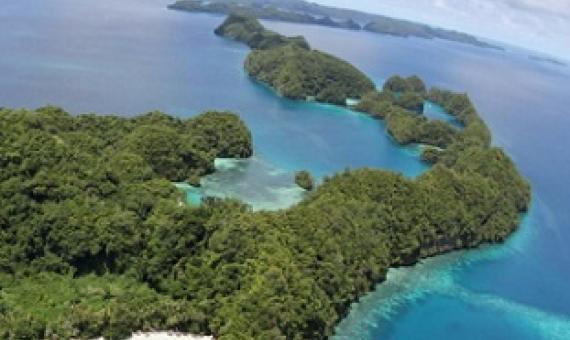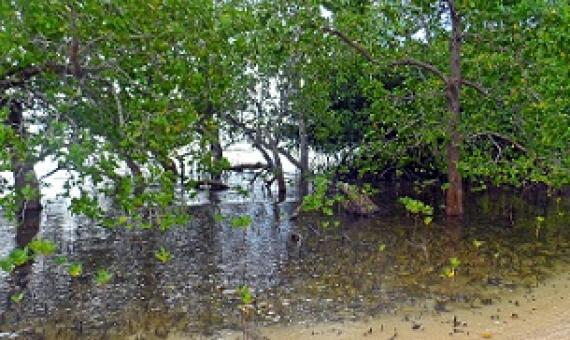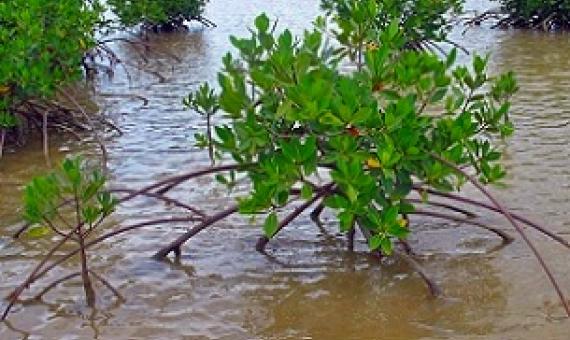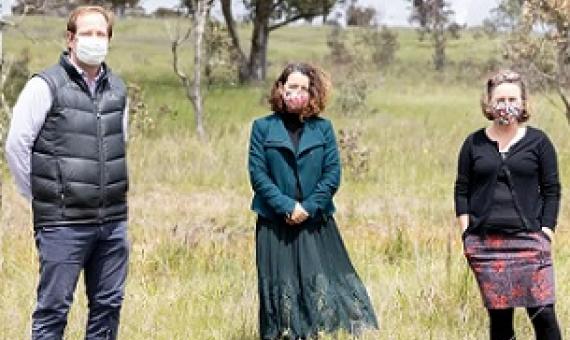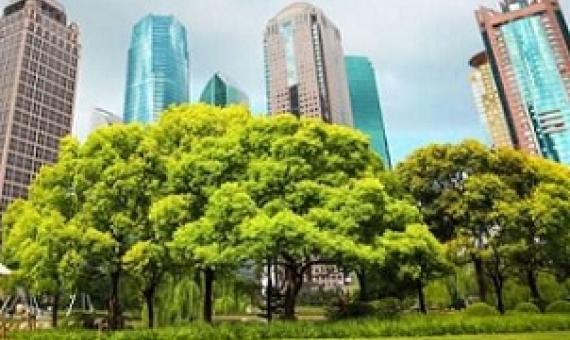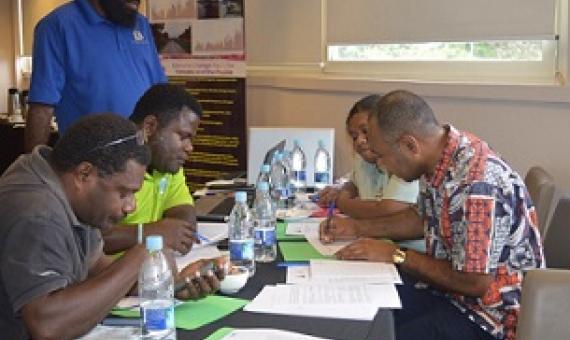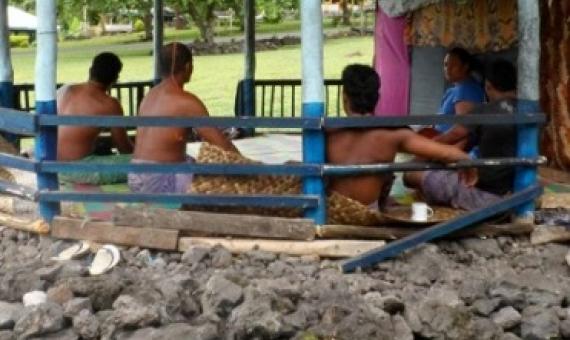Palau’s World Heritage-listed Rock Islands Southern Lagoon is one of the pilot sites of our Resilient Reefs Initiative – a global climate change program helping reefs and communities adapt to the impacts of climate change and local threats.
Promoting Synergies Between Climate Change Adaptation and Biodiversity
This technical brief is a joint collaboration with the Nairobi work programme expert group on biodiversity and climate change adaptation and has been published as a supplement to the NAP technical guidelines. It targets country-level Convention on Biological Diversity and United Nations Framework Convention on Climate Change focal points and technical staff of ministries who are engaged in the planning and implementation of NAPs and NBSAPs.
At the 2021 UN Climate Change Conference (COP26), the Federal Environment Ministry of Germany (BMU) announced it will provide an additional €10m to the Global EbA Fund, a pioneering funding mechanism implemented by the International Union for Conservation of Nature (IUCN) and the UN Environm
The Pew Charitable Trusts today applauded several nations for including ambitious targets to protect and restore coastal wetlands in their updated nationally determined contributions (NDCs). Parties to the Paris Agreement are increasingly recognizing the role that coastal "blue carbon" habit
Canberra’s new ecological forum held its first meeting in the Kama Nature Reserve yesterday.
The Asia-Pacific Climate Change Adaptation Forum is the flagship event of the APAN Network and is the primary regional platform for adaptation practitioners to meet, share their learning and experiences, and work together towards the pertinent outcomes and practical solutions that are n
Nature‐based solutions can play a key role in helping to tackle the climate and nature crises, while delivering other benefits for people, according to a new paper today from the Nature-based Solutions Initiative (NbSI) at the University of Oxford—but it is vital to get the message right about ho
The Ministry of Climate Change in Vanuatu held a two-day workshop from 22 to 23 October this week to gather inputs from stakeholders towards the development of the national quantifiable adaptation targets and indicators for its water and agriculture sectors.
Community-based adaptation to climate change in villages of Western Province, Solomon Islands
People, local cultures and the environments they live in are complex and dynamic social-ecological systems that have evolved together over time and are continually affected by a myriad of factors, including climate and global changes. Escalating climate and global changes present an imminent threat to Pacific communities, particularly for food security, livelihoods, health and safety, cultural identity and biodiversity conservation.
While the rest of the world is struggling to adapt to climate change, Samoan villages are already facing the challenge. The village of Aopo has moved their entire community further inland as a response to cyclones and extreme weather. In new research, on the impact of climate change on

